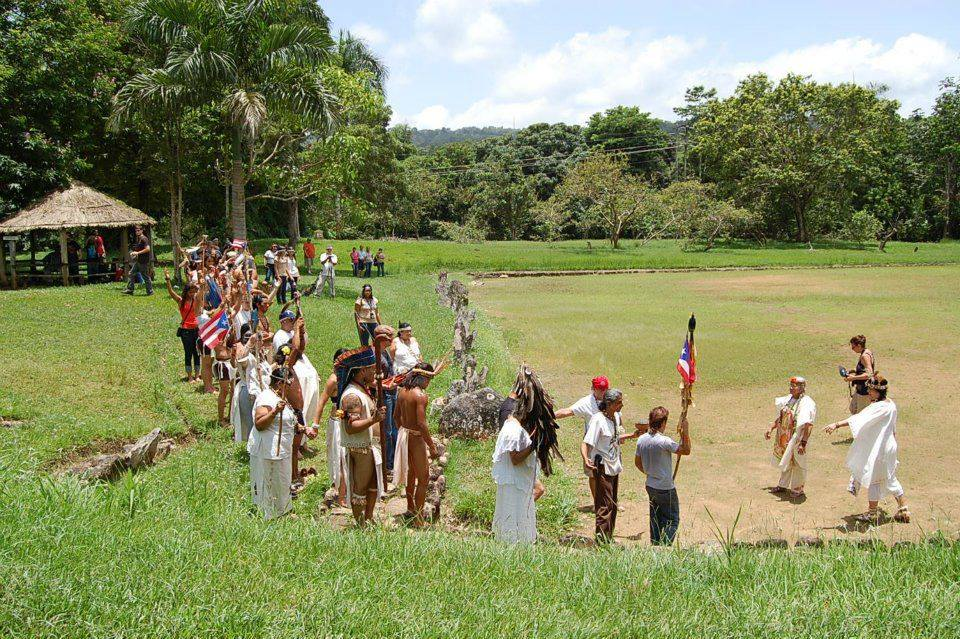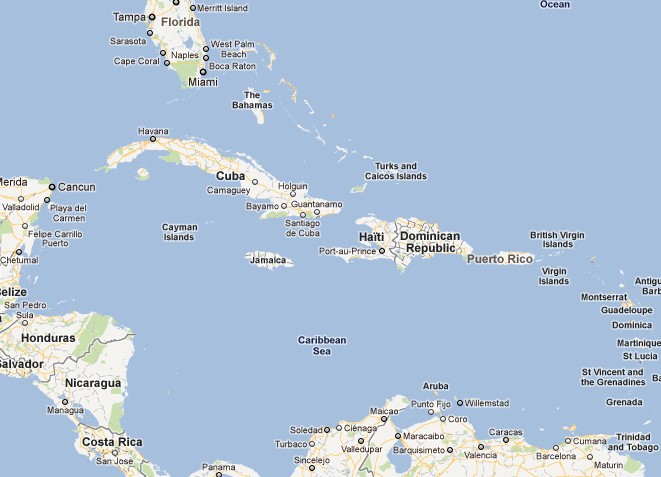The Dominican Republic (DR) comprises the eastern two-thirds of the island of Hispaniola, which it shares with Haiti. It is bounded on the north by the Atlantic Ocean; on the east by the Mona Passage, which separates it from Puerto Rico; on the south by the Caribbean Sea. On the west it shares a 360 km frontier with Haiti. It has a total land area of 48,734 sq km.
The majority of the population (73%) is of mixed African and European (Spanish) descent. People of European (16%) and African (11%) descent make up the remainder. During the early colonial period indigenous Taíno-Arawak elements were also incorporated into the overall population mix.
Haitians, who represent a substantial minority of up to a million people, form a distinct cultural and linguistic group within the Dominican Republic. Although many Dominicans have Haitian ancestors and connections, anti-Haitian xenophobia is rife. This is partly a legacy of the two countries' troubled history and also a reflection of Haitians' low economic status.
Despite the African and indigenous ancestral mixtures that constitute the population, Dominicans perceive themselves and Dominican culture as essentially urban, modernist, Catholic, Spanish-European and superior. In contrast, Haitians and their culture are perceived as being rural, backward, animist, African with a French veneer and inferior. Although both societies are Roman Catholic, most Haitians practise the syncretistic African-based religion of Vodun, which Dominicans look down upon.
Few government officials acknowledge the existence of this prejudice; they regularly and publicly assert that there is no discrimination against Haitians or other persons of dark complexion.
Minority Rights Group International, World Directory of Minorities and Indigenous Peoples



